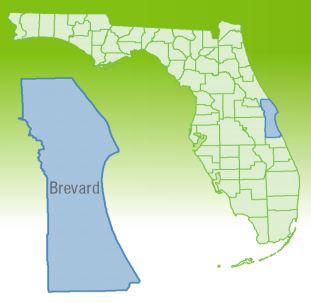How to Prepare for Your Tax Preparer
Do you have bills, receipts and other tax documents ‘filed’ haphazardly in a shoebox? Some tax preparers may escalate their fees if you aren’t reasonably prepared.
By Barbara Pronin
It’s the New Year—and just about the time you have a handle on your diet, it’s time to get ready for tax time. If you have bills, receipts and other tax documents ‘filed’ haphazardly in a shoebox, it’s time to get them organized.
In fact, said one California-based tax consultant, some tax preparers will escalate their fees if you aren’t reasonably prepared. To save time, money, and your tax preparer’s sanity, she offered five tips for preparing to meet with your tax preparer:
- Schedule early – Some accountants will turn you away if you wait until April for an appointment. Since W-2 forms and other income statements should be received by early February, make your appointment as early as possible, even if you expect to owe money. You don’t need to pay taxes before the April deadline, but knowing what you must pay can make it easier to prep for it – and if you expect to receive a refund, the earlier filed the better for you.
- Get organized – Go through all collected receipts and deductibles, and bring to your appointment a list of them organized by category – such as home office or business expenses, rental income, and charity giving. Group your income statements by 1099, W-2, etc.
- Bring your life-change paperwork – Remember to bring documents that verify life changes, such as a new baby’s Social Security number, the closing paperwork if you refinanced your home mortgage, or the taxpayer-ID numbers of your child care providers.
- Know your investment cost-basis – Your broker or tax advisor should send you a 1099-B form summarizing your sales. Use low-cost, do-it-yourself software to determine your cost basis, which you will need for tax purposes. Depending on your tax preparer to do that could cost you an additional $100 or more in fees.
- Look back on your year – Going through your appointment calendar, checkbook or daily planner can help you find expense deductions you may have forgotten, such as miles you drove to help a charity or a the cost of a publication you subscribed to that relates to your job.
- Look forward – Plan to spend a few minutes discussing upcoming life changes, such as selling property or starting a business. Looking ahead can help you prepare for and manage long-term tax strategies.
Reprinted with permission from RISMedia. ©2015. All rights reserved.






